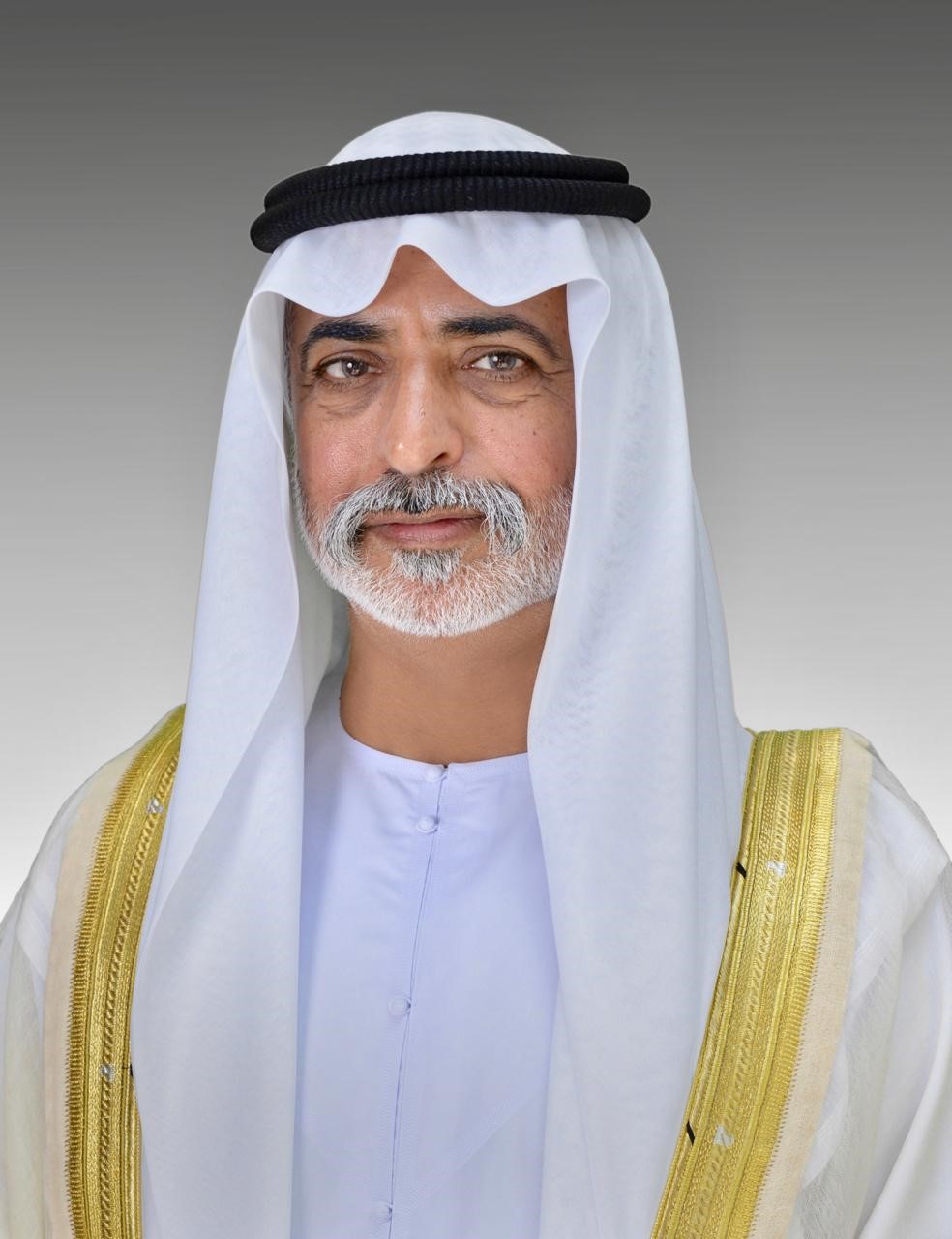(Ras Al Khaimah):
Fourth Industrial Revolution – Past,Current and Future Trends
by: Khuram Amin,
Bath Spa University (Ras al Khaimah Campus)
prof_amin@outlook.com
The industrial revolutions occurring since the 17th century has entered the fourth phase and gathering pace with time and their life span getting shorter and shorter. Currently, as we are in the fourth business revolution now the difference between physical, electromagnetic, and biological spheres are merging day by day.The Industry 1.0 was initiated by Great Britain in the 17th century when the steam engine was invented and the basic mechanization processes were adopted in the industries. Textile factories benefited the most as massive efficiency was recorded and manual work ended in the sector. Railroads, coal, and iron also acted as the catalyst for this part of economic history.
By the Year 1870, the world witnessed a new industrialization 2.0 of manufacturing with the introduction of
electricity. Large scale production based on assembly lines changed the production forever. Division of labour also contributed to the massive output as workers specialized in their tasks resulting in extra efficiency and waste management. Telephone and the combustive engine had a force multiplier effect on trade and commerce opening new commercial avenues.
In the second half of the nineteenth-century, Industry 3.0 also termed as the information age was influenced by the exponential increase in computing power. As the computers appeared on the horizon, machines could be controlled electronically and automation was introduced across all sectors. Semiconductors, chemical compounds,and the Internet played a very significant role during this time.
Now in the Twentieth-Century, Industrial Revolution 4.0 is in the making. This uprising is dependent upon
connectivity, fusion between technologies, and cyber-physical systems. Artificial Intelligence, Internet of Things,Block Chain, Cloud Computing, Big Data and Autonomous Robots are few fields dictating the independent virtual physical domain now.
The world economic forum identified the trends in the current era from self-driving vehicles, 3D printing to new materials applying nano-technology. Integration and interconnected technologies are enhancing efficiency,productivity, cost-effectiveness, and innovating new products and services.
The world will witness a digitized economy where value chains are integrated across boundaries through
connectivity and platform integration. The commercial and customer information is stored and retrieved instantly and data is mined in huge quantities to generate information for decision-making. Data Analysts and Information Scientists are in demand which will increase in the coming years with millions of jobs created each year.The 5G technology ensures that all devices are connected, communicating among themselves, data being processed by artificial intelligence to provide deep insight into the human mind and behavior, while machines competing with each other on the quality of artificial intelligence basis.
New Job titles and employment opportunities are now becoming common across sectors. Augmented Reality Architects, Drone Managers, Plant Psychologists, Business Economy Managers are some of the designations examples which are not only unique but being adopted by organizational leaders.
Disruption is a word becoming popular nowadays as new technologies are developed and introduced which upset the whole industry once and for all. The new entrants thus change the whole outlook and sometimes result in the sudden demise of the existing enterprises. Net Flix is the new norm in the entertainment field, while Online Education has become the standard now in the education sector thus altering the entire chain of distribution.
The disruption has to be accepted as part and parcel of life to not only survive but to lead. Each leader should rethink the roles their staff would play in the future. Adopt the latest technologies, innovate, and provide entrepreneurship through cross-channel identification, integration, and use. The IR 4.0 will be based on disruptions in industries, jobs, and skills, while promoting innovation, inequality, and technology fusion. As the industry evolves, the skills required by young people will also vary. The skills will be dynamic in nature calling for regular updates by learning new software packages and techniques. To mention a few new future trends are computational and design thinking, collaboration and connectivity, creativity and digital transformation, problem solving, and applied learning. Products and services are also being morphed into one another blurring the lines of tangible and intangible distinctness thus making them more portable, compact, and economical.
Some of the new situations we will experience will be the rise of freelancers, retirement age flexibility,
technological unemployment, abundance, reverse brain drain, global digital inequality, flexible work locations and hours, and an increase in elder care.
The future scenario will include smart electric grids, homes, vehicles, connected health care, automation
everywhere, electronic currency, human-machine synthesis. As the 4th era progresses it is anticipated that we will enter a new generation of established practices such as democracy 2.0, agriculture 2.0, transportation 2.0, and money 2.0. The aggressive competition between the two competing countries leading the Globalization 4.0 namely the USA and China is creating uncertainty seen like never before. The two competitors are partners and contestants at the same time with interdependent economies making industrialization and globalization 4.0 inseparable and adding paces to the two.
The Covid-19 has catapulted the revolution 4.0 as people work from home and become more IT literate. It
will accelerate this phase by affecting the manufacturing, healthcare, and retail sector the most. We should now focus on the future by preparing ourselves for the inevitable. Thus, we have to digitally transform ourselves for the new future.








